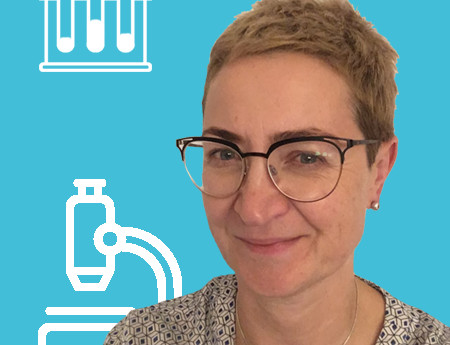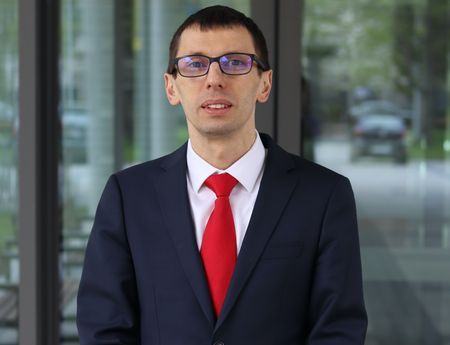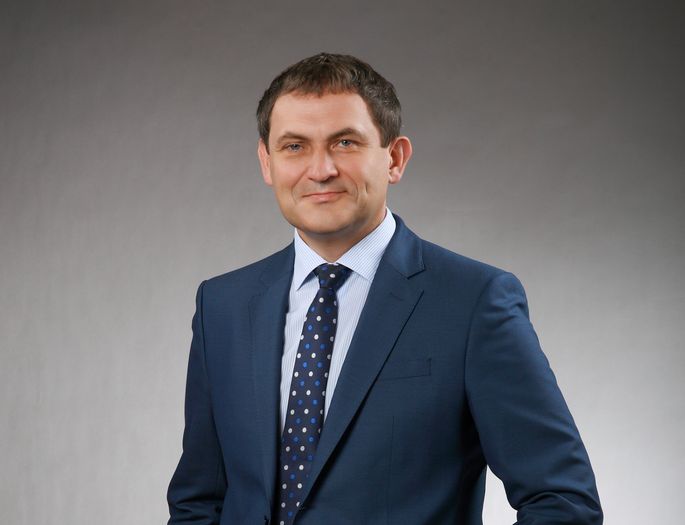
The Polish National Agency for Academic Exchange has announced the call for proposals for joint research projects between Poland and Germany. The ranking list includes a project to be carried out at the Jagiellonian University. The Polish part of the research will be supervised by a scientist from the Department of Chemical Physics of the Faculty of Chemistry of the Jagiellonian University.
The project, entitled Nonlinear imaging techniques in biochemistry and biomedicine, will be carried out in collaboration with the Leibniz-Institut für Photonische Technologien (IPHT).
The aim of the research, conducted as part of the bilateral exchange, will be the multi-parameter spectroscopic characterisation of living and/or fixed human cells and biological tissues for a better understanding and diagnosis of diseases of affluence, including cancer and vascular diseases (e.g. atherosclerosis, diabetes, coronary artery disease, hypertension). Spectroscopic characterisation of disease-induced changes (both morphological and chemical changes) in cells or tissues will be used to better understand the processes that occur in the human body during disease, ultimately leading to better diagnosis and better personalised treatment strategies.
Spectroscopic imaging has shown great potential over the last decades as a powerful analytical tool in biomedical research, offering the possibility of non-invasive or minimally invasive study of biochemical processes at the subcellular level and without the need for advanced sample preparation strategies. It turned out that it is very beneficial to combine several contrasting spectroscopic mechanisms in a multimodal approach, because a skilful combination of several imaging modalities can meet a wide range of requirements in terms of speed, depth of penetration and molecular specificity, etc.
In general, the use of several spectroscopic methods provides a complementary and comprehensive methodological approach in the field of morphochemical characterisation of biomedical samples in order to search for spectroscopic markers in cells/tissues in order to track the development of civilization diseases.
Professor Małgorzata Barańska has been working with the JU Department of Chemical Physics for years, serving as its head since 2018. Since 2010, she has been running the Raman Imaging Team. For 10 years, she has also been working at the Jagiellonian Centre for Experimental Therapeutics (JCET), which she co-founded and where she heads one of the three research groups – the Raman Spectroscopy Group.
The academic career of. Małgorzata Barańska started with catalysis (Master's degree), through Raman spectroscopy of small molecules of drugs, supported by quantum-chemical calculations (PhD), through Raman imaging of plant tissues (habilitation), to biochemistry, medical chemistry and physiochemistry of supramolecular systems (later activities). Thanks to her organisational skills, both at the Faculty of Chemistry and JCET, the Raman Imaging Laboratory and the Raman Spectroscopy Laboratory were established and equipped with very modern spectrometers.
Her most important achievement in recent years is the identification of unique spectroscopic markers of processes occurring in cells and at the tissue level and linking them to the development of selected civilisation diseases. Two of the developed methods for determining the biochemical state of the vascular endothelium have been patented. Her research is being employed in clinics and may be ground-breaking in the diagnosis of leukemic cells.





